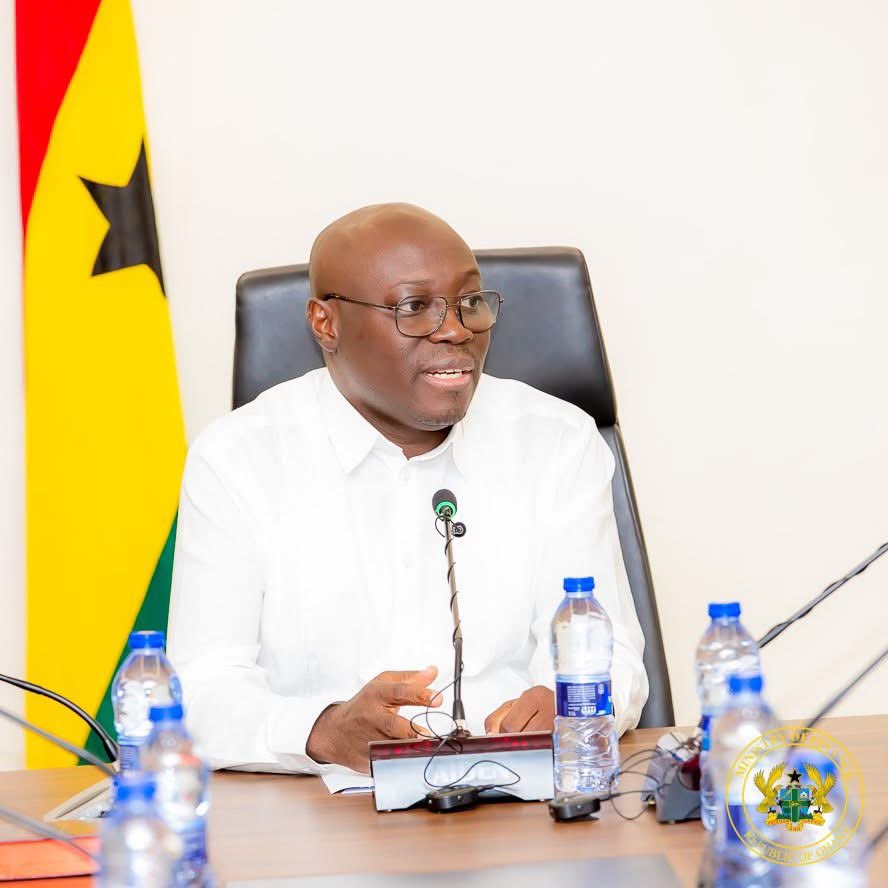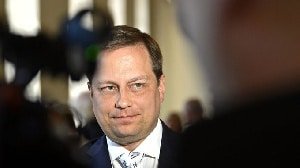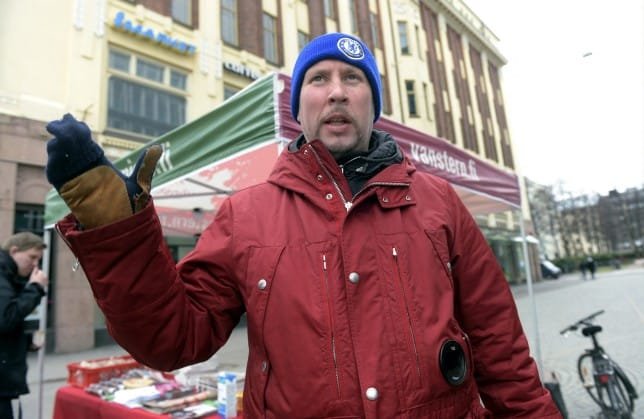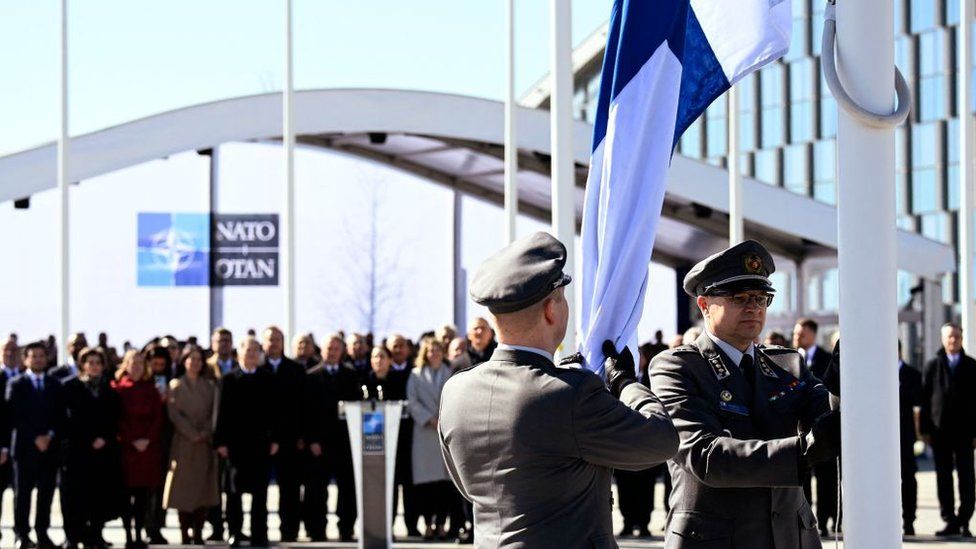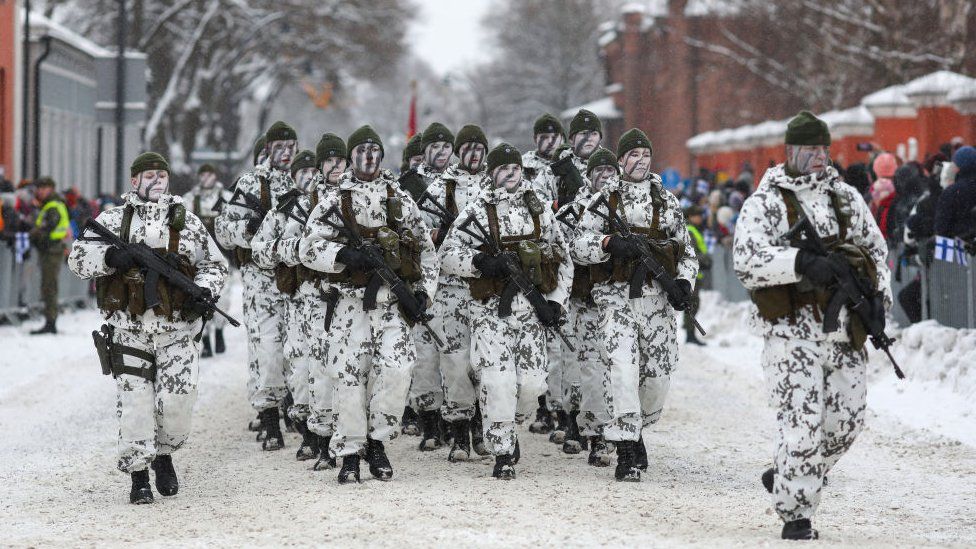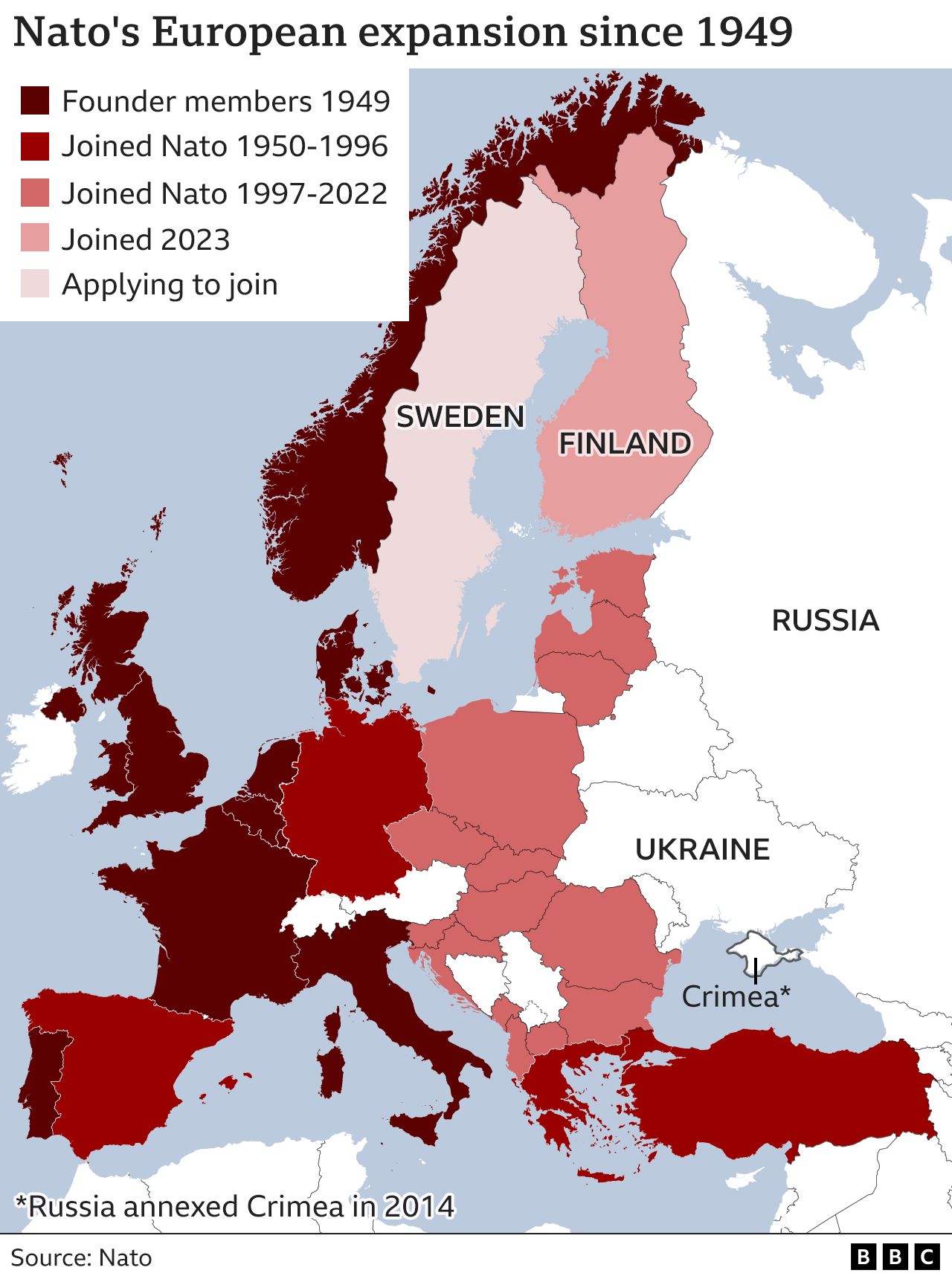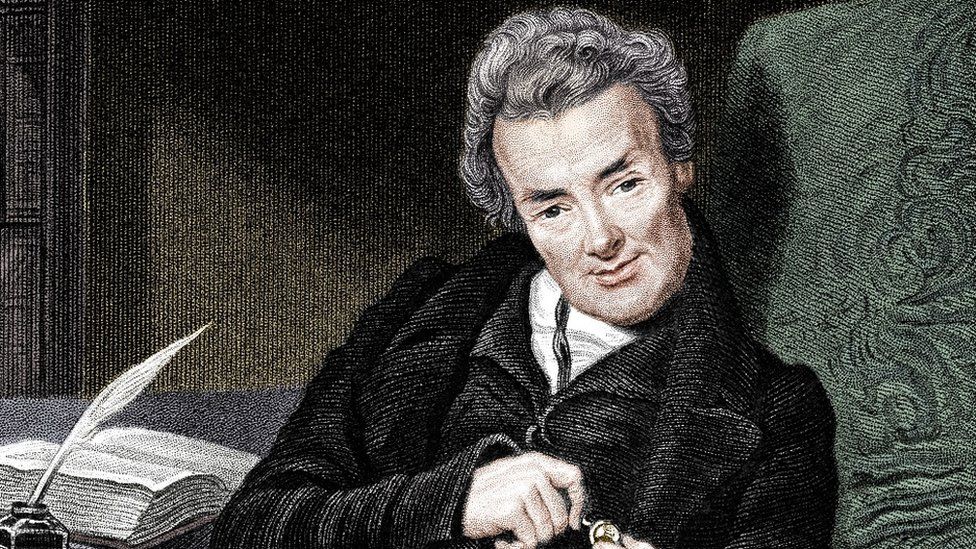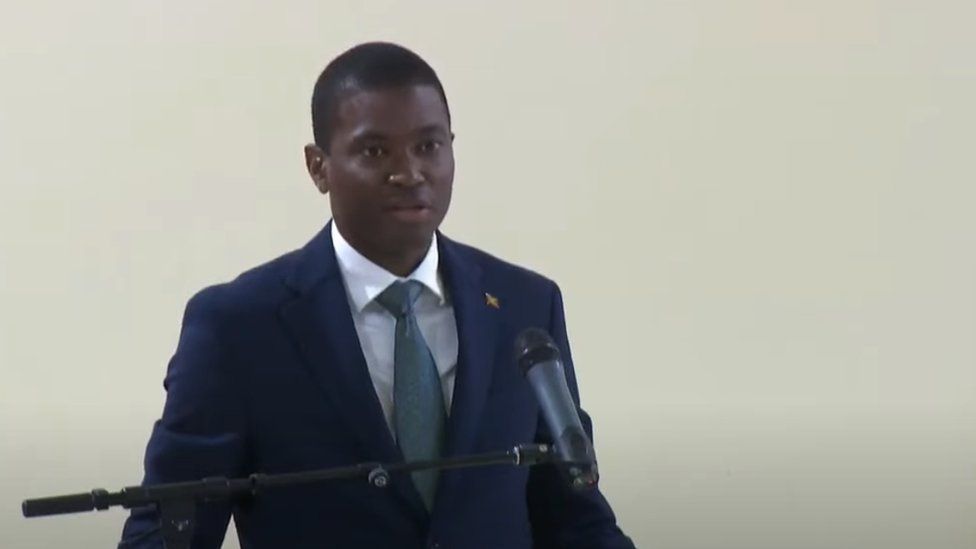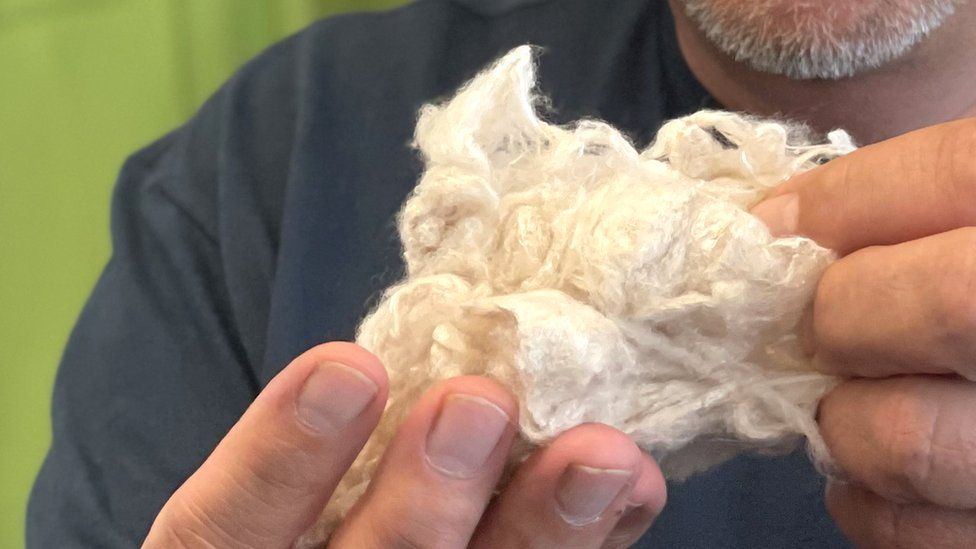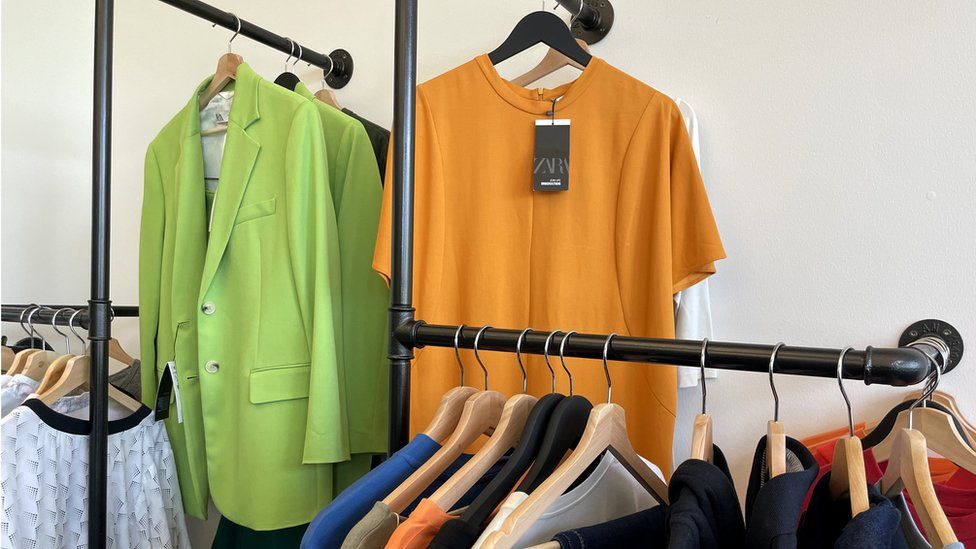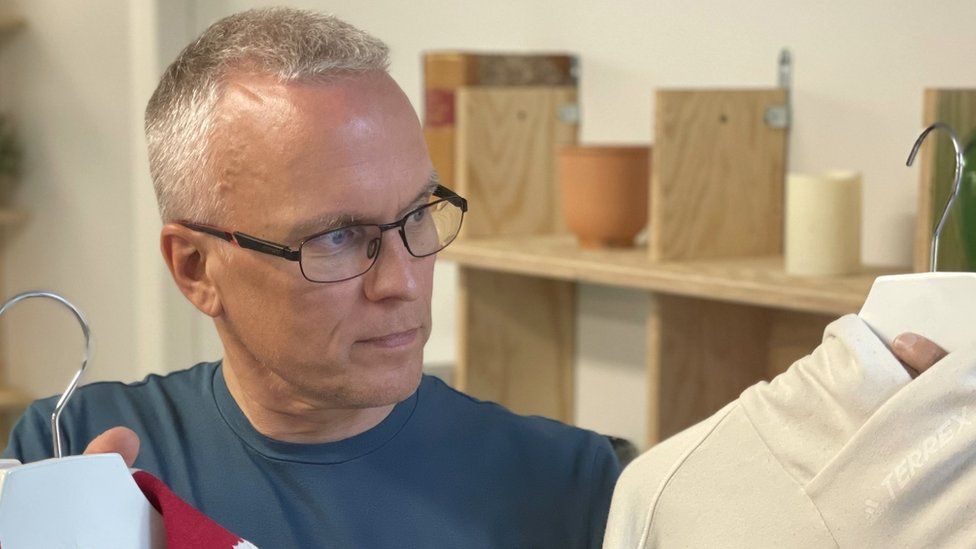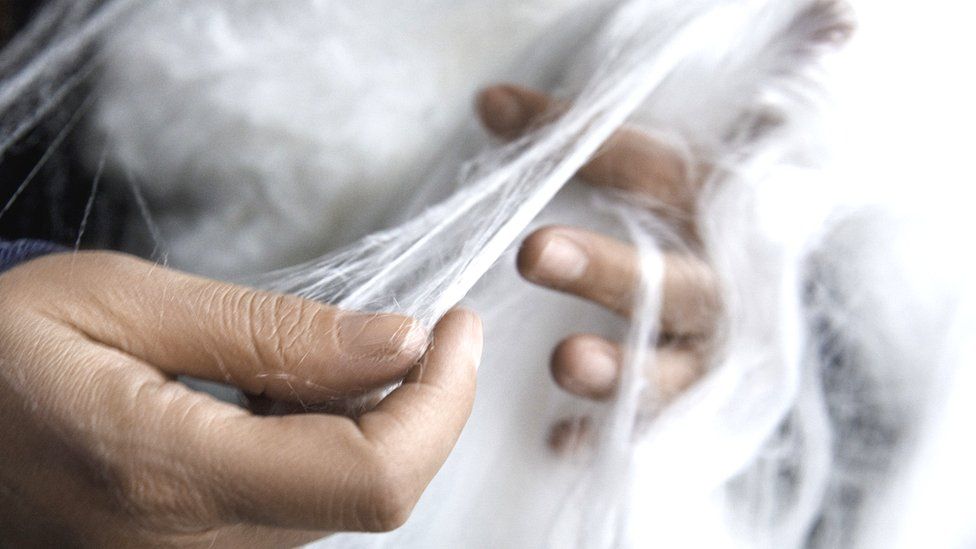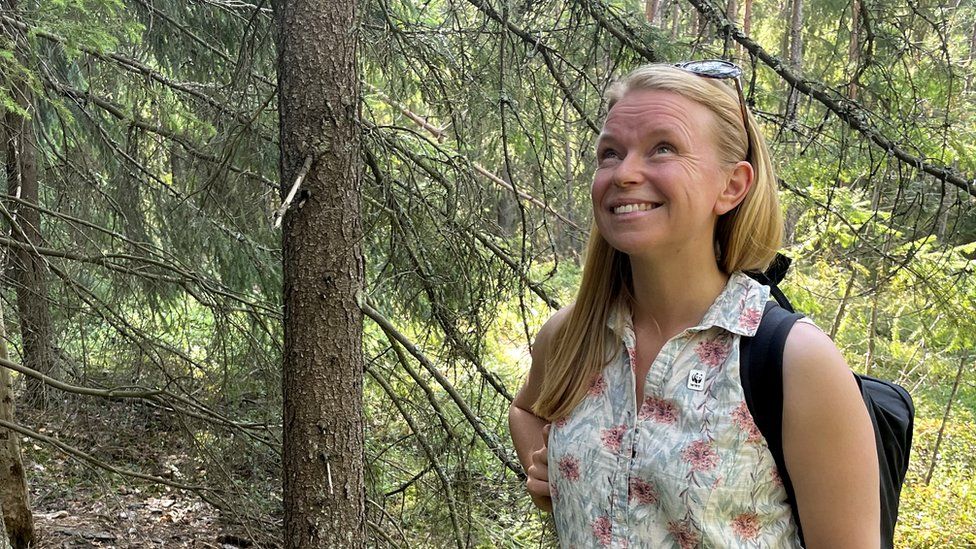Government has announced its fifth bilateral restructuring agreement with the Kingdom of Spain as the latest.
This was announced by the Finance Minister Cassiel Ato Forson on Wednesday October 8 after signing the agreement with Spain’s Ambassador to Ghana, H.E. Ángel Lossada Torres-Quevedo.
“On behalf of the Republic of Ghana, I signed a Bilateral Debt Restructuring Agreement with the Kingdom of Spain, represented by their Ambassador to Ghana, H.E. Ángel Lossada Torres-Quevedo. To date, we have concluded five bilateral restructuring agreements with France, Finland, the United Kingdom, China EXIM Bank, and now Spain, “ He shared on his X page.
Adding that this signing marks another important milestone in Ghana’s debt restructuring journey.
Mr Ato Forson is optimistic that Ghana will complete the process and close this challenging chapter in our economic management history by the end of this year, considering valuable lessons learnt from this experience.
He said, government is determined to maintain sound fiscal discipline and never again “allow ourselves to reach such unsustainable levels of debt.”
“I remain confident that the measures we are implementing will safeguard our recovery and strengthen Ghana’s resilience,” Ato Forson expressed.
On behalf of the Government and people of Ghana, Ato Forson expressed deep appreciation to Spain for their cooperation, understanding, and unwavering support throughout this process.
Meanwhile, the government formally signed a bilateral debt restructuring agreement with the United Kingdom (UK) as part of efforts with the External Creditor Committee to unlock funds for ‘The Big Push’ initiative and other government programs.
Taking to the X platform on Wednesday, September 24, the Finance Minister Dr. Cassiel Ato Forson revealed that the US$256 million deal signed between the two countries is a key step in managing Ghana’s debt better.“On behalf of the Republic of Ghana, I signed a Bilateral Debt Restructuring Agreement with the United Kingdom, represented by His Majesty’s Trade Commissioner for Africa, Mr. John Humphrey. The agreement covers about US$256 million and represents another important step in Ghana’s debt restructuring efforts,” he wrote.
According to the Finance Minister, the UK’s participation will motivate other lenders to act fast and finalize their part of the debt restructuring.
In addition, Ghana is working with UK Export Finance (UKEF) to reinstate financing for several priority projects, including the Bolgatanga–Bawku–Pulimakom Road Project, the Modernisation of the Komfo Anokye Teaching Hospital (KATH), the Obetsebi Lamptey Interchange and Ancillary Works Project Phase II, the construction of Phase 1 of the Tema–Aflao Road Project and the Redevelopment and Modernisation of Kumasi Central Market.
The deal was sealed in Accra on Wednesday, September 24, after UK Export Finance, and His Majesty’s Trade Commissioner to Africa, John Humphrey paid an official visit to Ghana. Also present at the signing ceremony were the UK High Commissioner to Ghana, H.E. Christian Rogg; the Chief Director of the Ministry of Finance, Mr. Patrick Nomo; and other officials.
A couple of months ago, the Government also brought to an end the series of engagements with China geared towards enhancing the debt restructuring efforts.
Minister for Finance, Dr Cassiel Ato Forson, who described the meetings as helpful and a big step forward in solving the country’s debt problems, revealed this information in a post on social media on Tuesday, July 1.
According to him, these talks are part of the government’s efforts to fix the economy, reduce the country’s debt burden, and ensure that the lives of ordinary Ghanaians are protected.
Dr. Forson added that the progress made in China puts Ghana in a stronger position to complete this difficult process and build a more stable and inclusive economy.
In April this year, the sector minister announced Ghana’s preparedness to conclude bilateral agreements for the restructuring of its $5.1 billion official bilateral debt by June, a goal that Finance Minister Dr. Cassiel Ato Forson had described as “ambitious.”
This followed the signing of a Memorandum of Understanding (MoU) with the Official Creditor Committee (OCC) on January 28.
This information is outlined in the 2025 Budget Statement and Economic Policy, which highlights Ghana’s fiscal strategies, including debt restructuring efforts aimed at stabilizing the economy.
Highlighting the importance of this process, the Finance Minister stated, “We look forward to the support of this august House in achieving this objective within the established timeframe.”
The agreement formalizes the key terms of the restructuring, which were outlined in an Agreement in Principle (AIP) reached on January 12, 2024. It includes an extension of debt service repayments and provides approximately $2.8 billion in debt relief. Additionally, the MoU establishes a cut-off date of December 31, 2022, and imposes limits on disbursements during Ghana’s IMF-supported program from 2023 to 2026.
The signing of the MoU paves the way for negotiations with individual OCC member countries. As part of the process, Ghana has commenced data reconciliation and validation exercises with several creditors in preparation for the bilateral agreements.
In addition to official bilateral debt restructuring, the government is engaging commercial creditors, including Chinese commercial lenders, plurilateral institutions, and private banks, to restructure approximately $2.7 billion in commercial debt. Discussions on draft Non-Disclosure Agreements (NDAs) are already underway, with a financial proposal for restructuring expected to be presented soon.
Furthermore, Ghana’s Domestic Debt Exchange Programme (DDEP), launched in December 2022, has significantly influenced the domestic debt market. The government has relied on short-term securities to finance the budget, raising GH¢45.4 billion in net proceeds from treasury bill issuances.
The government remains committed to honoring its debt obligations, having successfully paid GH¢19.0 billion in DDEP bond coupons in 2024 and an additional GH¢9.5 billion in February 2025. The Finance Ministry believes these efforts, coupled with effective engagement with market participants, will enhance transparency, restore investor confidence, and stabilize the financial market.
